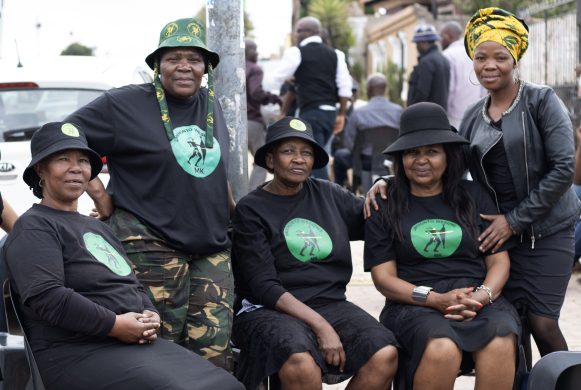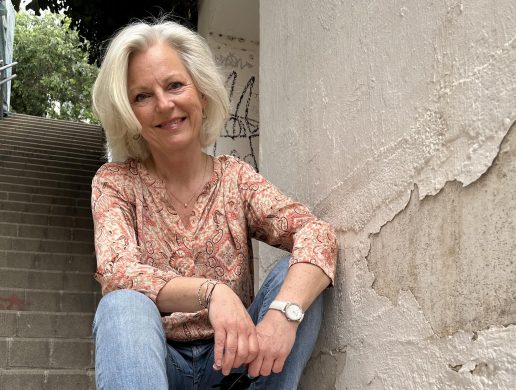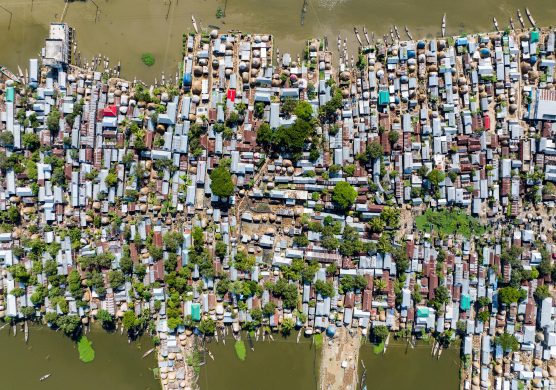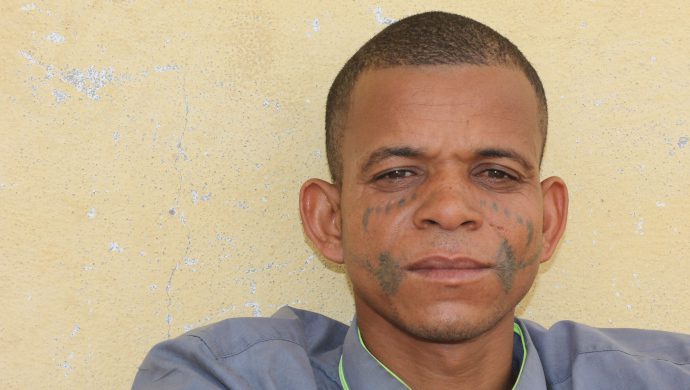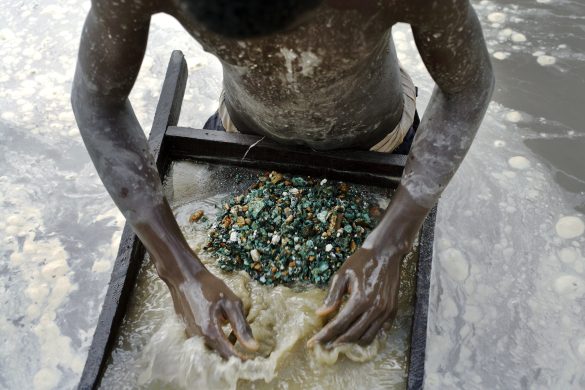Udenlandsk jordopkøb i udviklingslandene har ofte negative konsekvenser for lokalsamfundene. I de næste dage mødes internationale forskere i London for at drøfte, hvordan bedre jordrettigheder kan sætte lokalsamfund og vild natur i en stærkere position, når de globale virksomheder banker på.
Researchers will meet at London Zoo on 26-27 March to join the dots between large land deals, conservation, land rights and efforts to tackle poverty in poor communities worldwide.
Speakers will present research on both impacts of land grabs on conservation and its reverse – the role of conservation as a driver of land grabs. They will also share studies that show how stronger land rights can improve conservation outcomes.
Efterspørgslen efter jord presser både fattige og biodiversiteten
The meeting in London — organised by the International Institute for Environment and Development, the International Land Coalition, the Zoological Society of London and Maliasili Initiatives — is the international symposium of the Poverty and Conservation Learning Group.
Speakers will present case studies from Cameroon, Uganda, Chile, Kenya, Mongolia, India, Indonesia, the Philippines, Ethiopia, Liberia and Cambodia.
“The global rush for land threatens to squeeze out both poor communities with weak land rights, and wild species and habitats that we should be conserving,” says Dilys Roe, a senior researcher at IIED, which convenes the Poverty and Conservation Learning Group:
“It is in the interests of both the conservation and land rights communities to tackle the land rush. One solution is for them to work more strategically together to secure or strengthen local land rights in ways that bring both conservation and development benefits.”
“Secure land tenure is a foundation of community-driven conservation efforts around the world,” says Fred Nelson, Executive Director of Maliasili Initiatives, which supports sustainable natural resource management efforts in Africa.
Repræsentanter for natur, udvikling og menneskerettigheder bør arbejde sammen
“The current land crisis provides an opportunity for conservation, development, and human rights groups to work together to address historically-rooted weaknesses in the recognition of local communities’ land rights, and to enable communities to better secure their territories and the natural resources on which their livelihoods depend,” says Fred Nelson.
The issues are burning because worldwide large land deals are on the increase, and they often take place in areas that are home to both large numbers of poor people and important biodiversity. People and wildlife can lose out when investors acquire land for large scale agriculture.
At the same time, there are growing threats from ‘green grabs’ that displace communities in order to conserve wildlife or gain value from eco-tourism, biofuels or the carbon that forests store in their wood.
Se programmet her:
http://povertyandconservation.info/sites/default/files/Conservation%20and%20Land%20Grabs%20-%20Agenda.pdf
Læs her:
http://www.iied.org/conference-reveal-links-between-conservation-land-grabs







